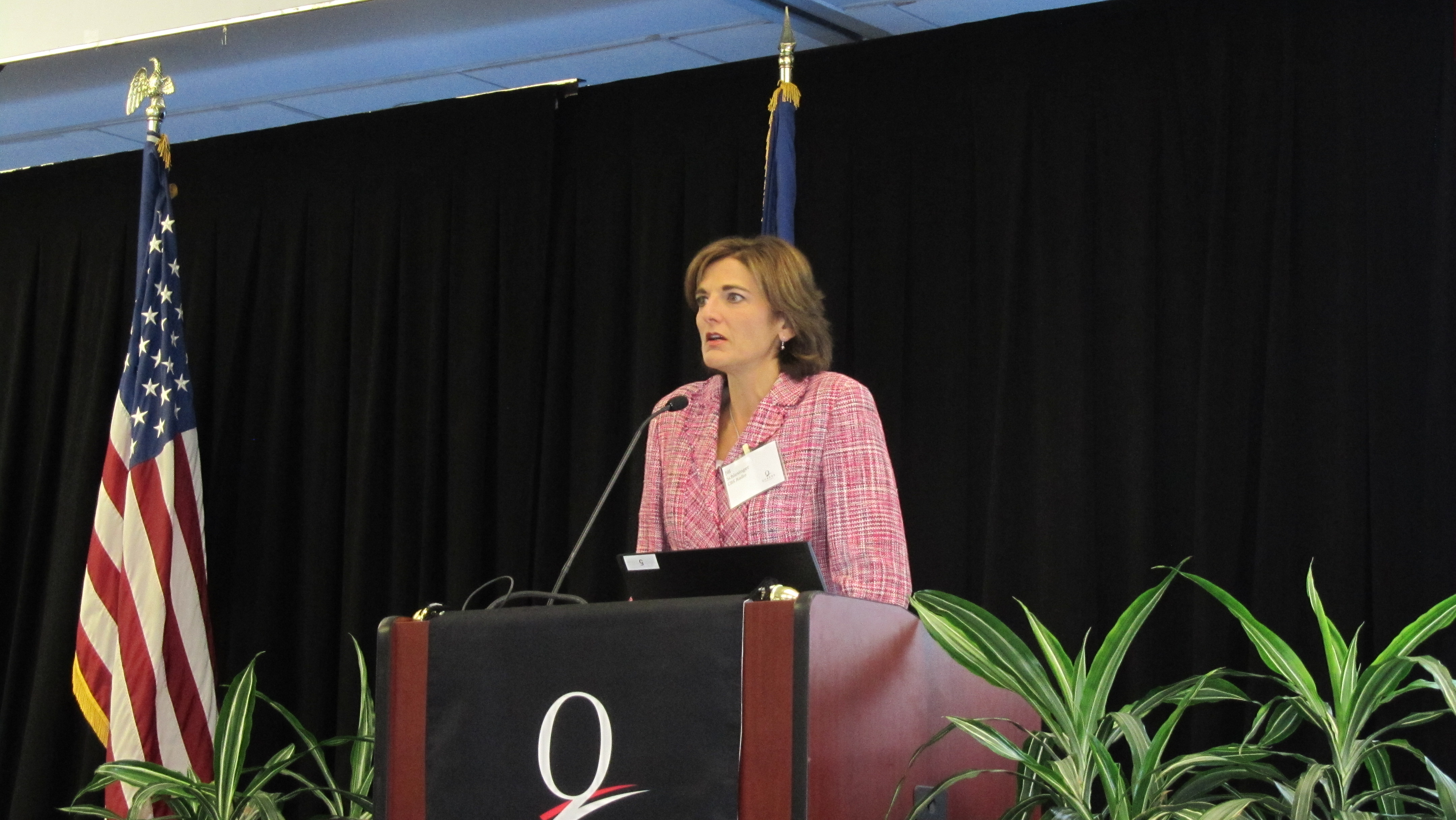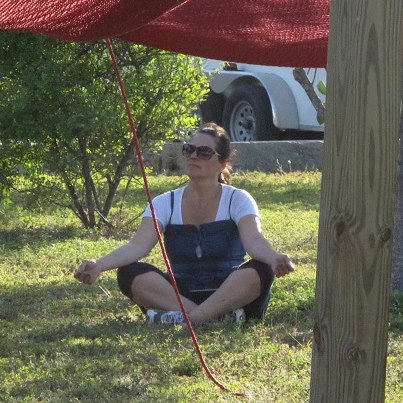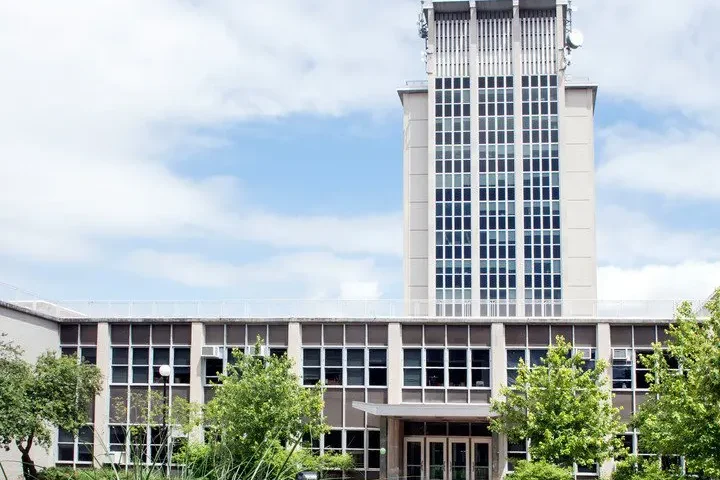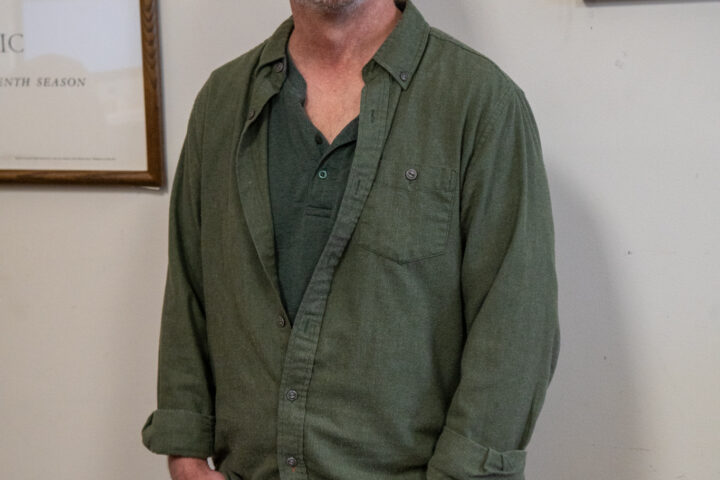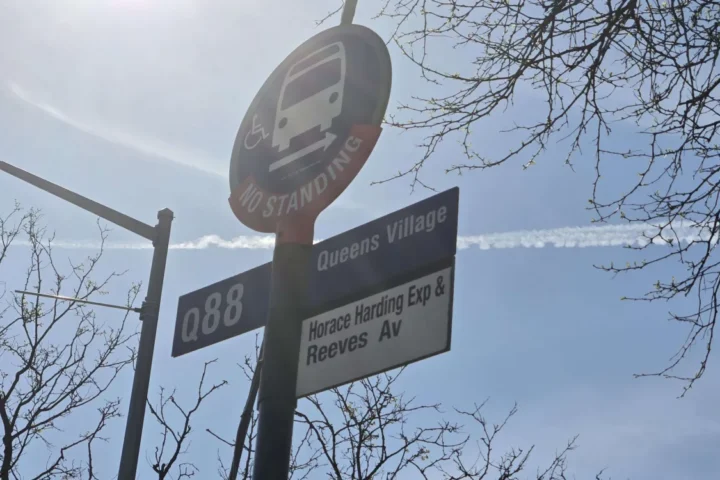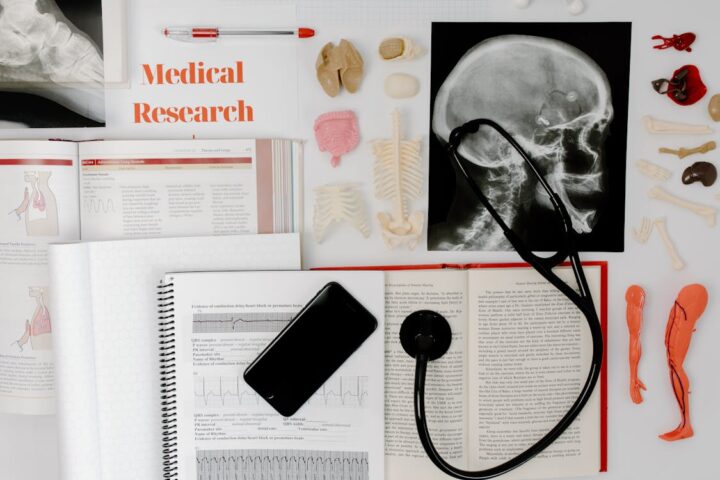Jill Schlesinger, financial analyst and host of CBS radio show, Jill on Money, spoke at the Queens College business forum on Sept. 21, providing advice on money management during turbulent times.
In his opening address, President James Muyskens welcomed Schlesinger to the college while addressing her many accomplishments, including her for the evening, morning and Sunday morning CBS news.
Many professional people of different cultures attended the forum, which was held in the student union ballroom.
Madeline Case, who heard about the forum through the Queens Economic Development Corporation, works in virtual administration and helps people with disabilities.
“I’m just looking to make some new business contacts,” Case said. “And maybe pick up some ideas on the way.”
Schlesinger — editor-at-Large for MoneyWatch.com — broke down the larger picture of the economy and made it relatable.
Schlesinger quoted Samuel Butler — a British poet, author and satirist— as an opening gesture, saying, “Friendship is like money: it’s easier made than kept.”
Schlesinger broke up the economy and finance using a series of charts, which were displayed on a projector behind her as she spoke. She spoke about topics like jobs, financial planning and wages in relation to the 2008 recession.
“We’re actually growing about 1.85 percent for the first half of the year. Is that good or bad?” she asked. “We’re not in a recession, but it is not good.”
Though conditions are better and hundreds of thousands of jobs are not being lost per month, according to Schlesinger, the job market is still unhealthy. The United States still has about 5 million fewer jobs than before the recession began.
The “bubble bursting,” as Schlesinger put it, was not only about globalization and technology but about wages, which have gone down while income gains have gone disproportionately to the top one percent.
“As my mother likes to say, ‘Rich or poor, it’s nice to have money,’” Schlesinger said.
She stressed that relying only on one’s wages to create savings makes it difficult to get ahead. Having another investment, such as a 401k, makes you part of an “asset-based culture,” according to Schlesinger.
Schlesinger compared money managing to weight loss. Much like having a plan to get in shape, similarly, people should have one for managing their money.
“I used to play sports in college. I stopped playing sports and all of a sudden, I ate like I was still playing sports,” she said. “There was a woman there and she said, ‘We have a plan. We’ll help you.’”
Schlesinger argued that if Americans followed three simple steps, the recession could have been avoided: avoiding credit card debt, investing 10 to 15 percent in retirement and keeping six to 12 months’ worth of cash for bad times.
As for QC students, Schlesinger was quick to give advice.
“The number one thing I can say is that besides doing your degree, try to work during college. Figure out the best thing about your bad job and the worst thing about your good job,” Schlesinger said. “Do something that makes you feel like you want to wake up every single morning to work.”


